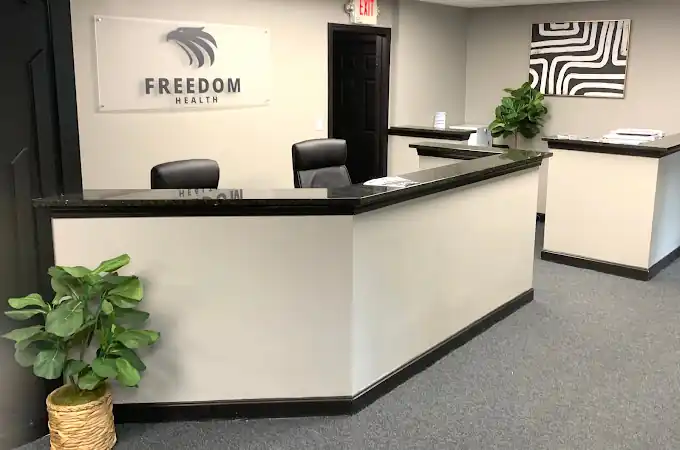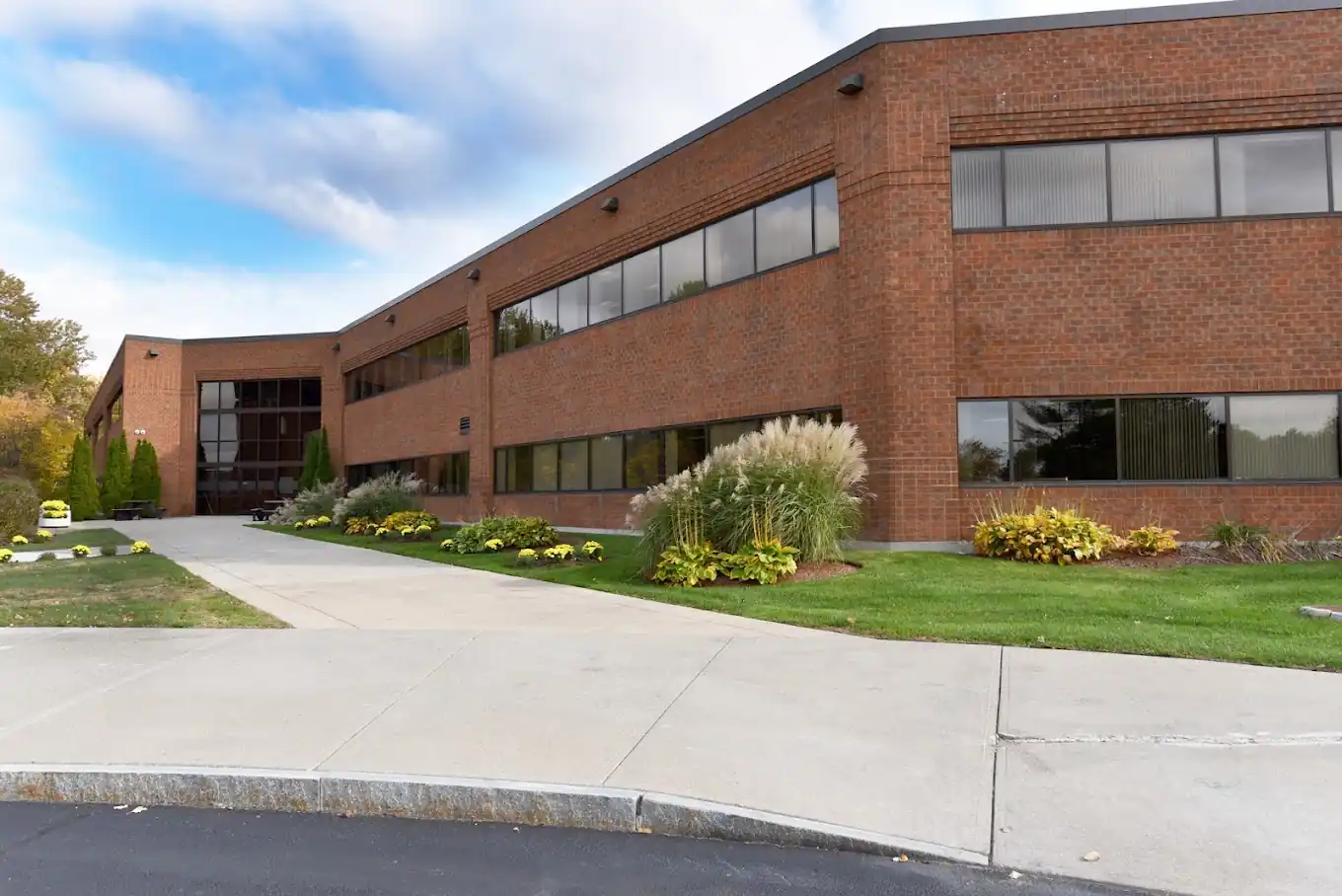What is Codependency?
“Love shouldn’t mean losing yourself.”
If you’ve ever felt like someone else’s well-being controls your own. Suppose you’ve ever tried to fix, rescue, or sacrifice yourself to hold a family together. If you’re exhausted from always giving and never receiving, you may be experiencing codependency.
At TruPaths, we believe that codependency isn’t a flaw. It’s a survival response, a pattern born in families affected by addiction, mental health struggles, trauma, or emotional neglect. This page exists to help you understand these patterns without shame, and to guide you toward healing that protects both your compassion and your peace.









Codependency is not a character flaw. It’s a survival strategy that often develops in environments where emotional safety, stability, or connection were compromised. These patterns commonly take root in families affected by: